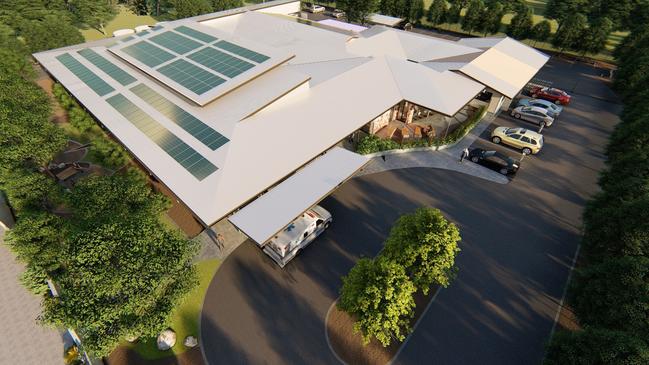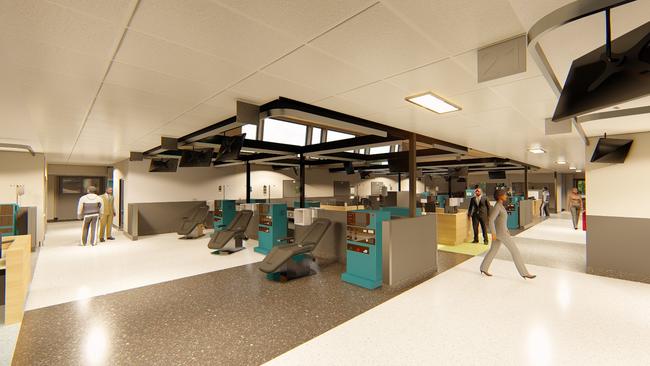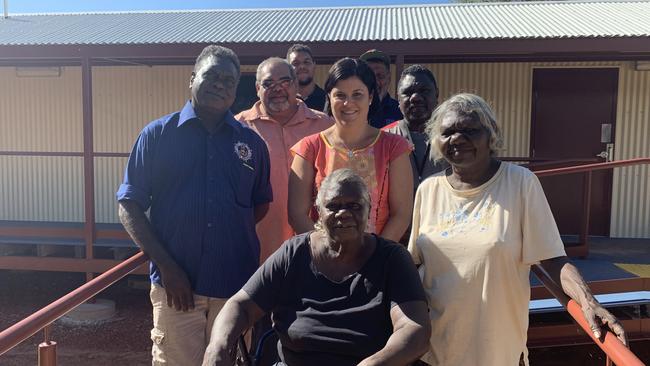Dialysis patients to move into new Nightcliff Renal Unit in October
Construction of the first stage of the new $10.5 million Nightcliff Renal Unit Facility is expected to be completed in a matter of months
Northern Territory
Don't miss out on the headlines from Northern Territory. Followed categories will be added to My News.
CONSTRUCTION of the first stage of the new $10.5 million Nightcliff Renal Unit Facility is expected to be completed in a matter of months.
Headed by local contractor Sitzler, stage one of the project will build an improved treatment area and increase capacity from 28 to 32 dialysis chairs.
Minister for Health Natasha Fyles said they those works to be complete by October, depending on clinical testing.
“That will see all the patients in the back building move to the front new area and then work will be taken in two stages to redevelop the administrative space,” she said.
“It will be exciting because this building was originally a child health centre, so it’s not an ideal layout for renal treatment.”

As the demand for dialysis rises in the Northern Territory, clinical nurse manager Selena Signal said they were often packed to capacity and at the moment patients were receiving their treatment in very cramped space which used to be used as an education room.
She the old building felt like a “rabbit’s warren” and patients and staff were desperate to move into a new purpose built facility.
“We don’t have much room at the moment but when we move patients will be able to have some privacy,” she said.
“The bays have been designed so there’s actually a view to the outside garden and there will be a lot more natural light, so it won’t feel so cavernous.
“It’ll be a big improvement.”

Ms Fyles said the government was also opening up renal ready rooms in remote communities across the Territory, including a unit in Piringimpi that is expected open up in a few weeks.

Arafura MP Lawrence Costa said the government was committed to providing treatment and facilities as close to home as possible, so people could stay close to family and their country.
“What we found with a lot of our people on the island coming into Darwin is that they got to pay for their own accommodation and it’s costly,” he said.
“Whereas back home on the island and in other remote communities, they’ve got families there that will care for them, look after them, go hunting and feed them the proper bush tucker.”


